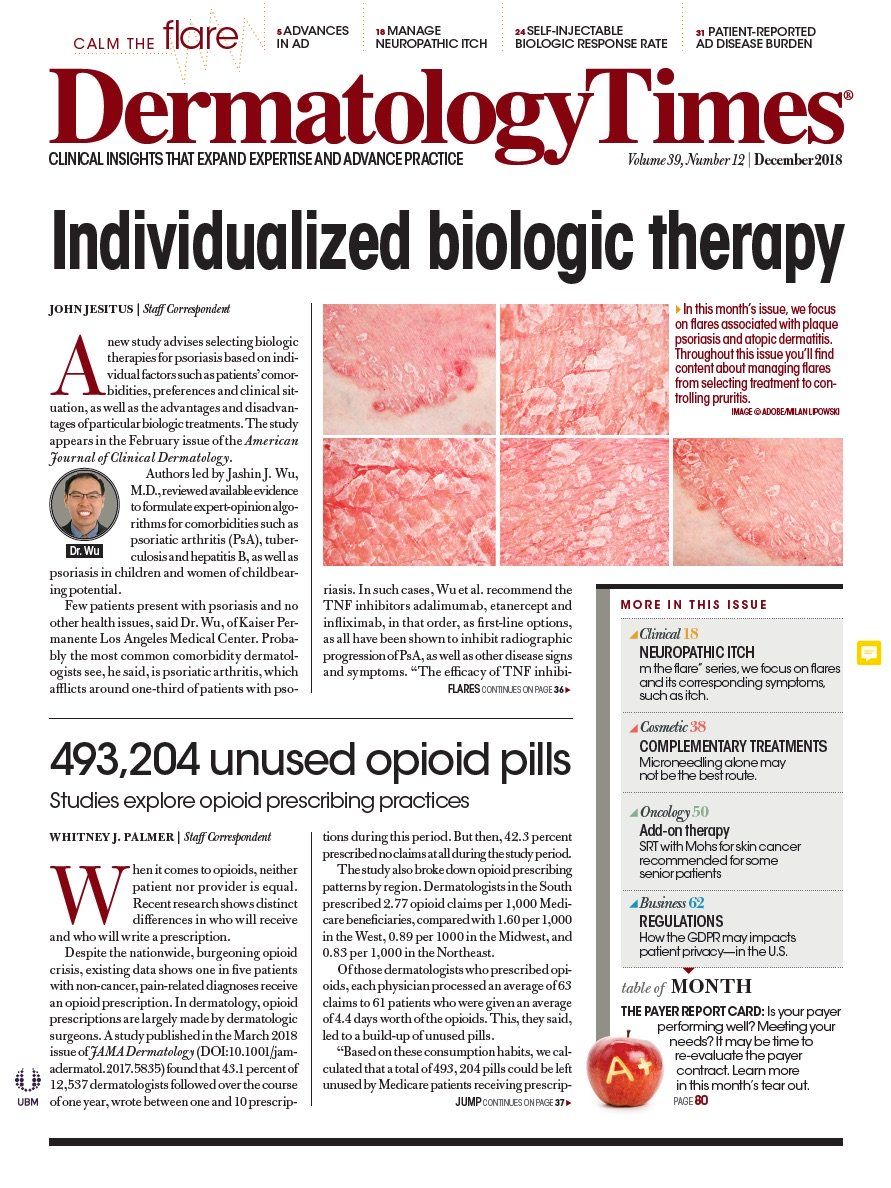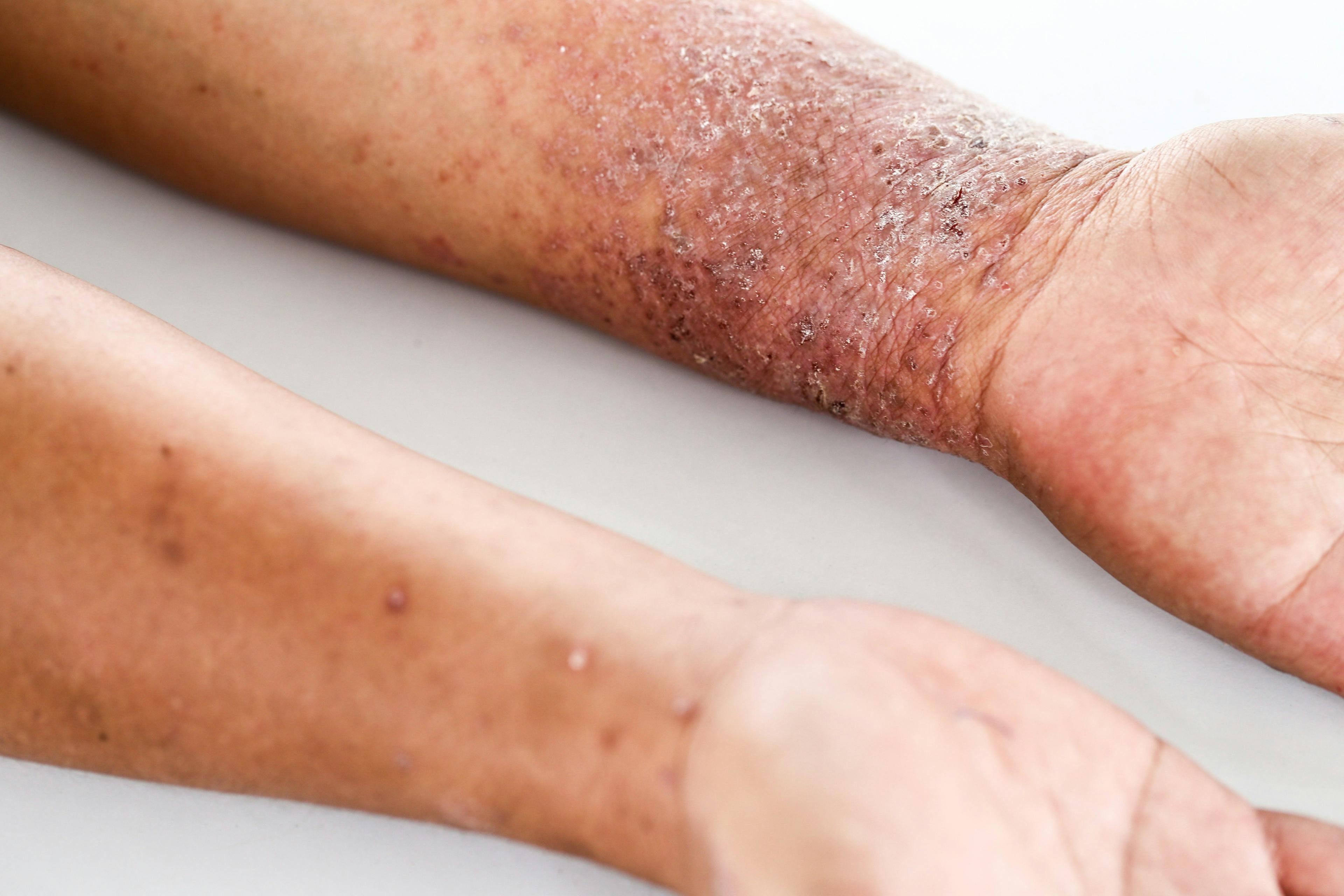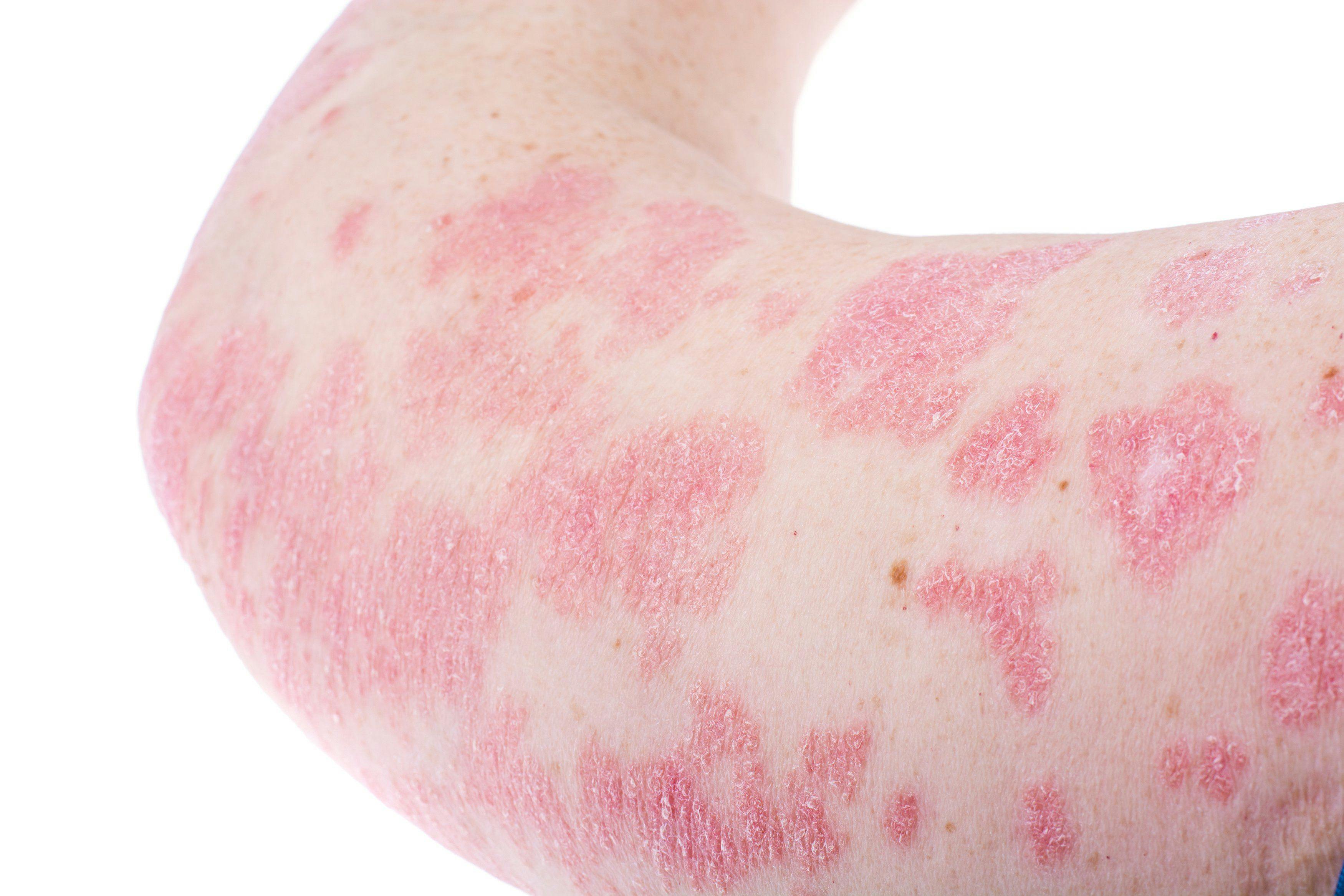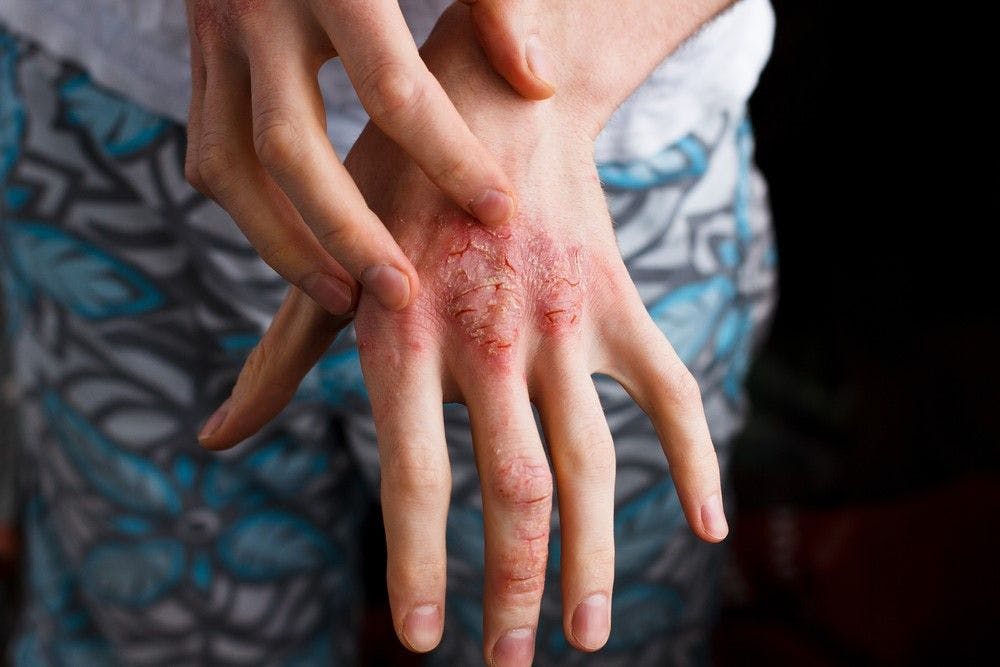- Acne
- Actinic Keratosis
- Aesthetics
- Alopecia
- Atopic Dermatitis
- Buy-and-Bill
- COVID-19
- Case-Based Roundtable
- Chronic Hand Eczema
- Chronic Spontaneous Urticaria
- Drug Watch
- Eczema
- General Dermatology
- Hidradenitis Suppurativa
- Melasma
- NP and PA
- Pediatric Dermatology
- Pigmentary Disorders
- Practice Management
- Precision Medicine and Biologics
- Prurigo Nodularis
- Psoriasis
- Psoriatic Arthritis
- Rare Disease
- Rosacea
- Skin Cancer
- Vitiligo
- Wound Care
Publication
Article
Dermatology Times
Surgeons defer procedures during early stage pregnancy
Author(s):
Prompt management of skin cancer lesions is stressed for pregnant patients in a recent article in the Journal of the American Academy of Dermatology, but whether it’s applied in clinical practice is unknown.
Prompt management of skin cancer lesions is stressed for pregnant patients in a recent article in the Journal of the American Academy of Dermatology, but whether it’s applied in clinical practice is unknown. (©GraphyxPhoto/Shutterstock.com)

Prompt management of skin cancer lesions is stressed for pregnant patients in a recent article in the Journal of the American Academy of Dermatology, but whether it’s applied in clinical practice is unknown.
Researchers with the University of Texas Southwestern surveyed members of the American College of Mohs Surgery to analyze the management patterns of basal cell carcinoma (BCC), squamous cell carcinoma (SCC), and melanoma in pregnant and lactating women. They also explored how intra- and peri-operative practices are modified in pregnancy and lactation, and presented their findings at the American Society of Dermatologic Surgery in Phoenix, Arizona last week.
“The association between pregnancy and melanoma has been controversial with prior evidence suggesting that pregnant patients have a worse prognosis,” said Era Murzaku, M.D., chief dermatology resident at UT Southwestern and lead study author. “Our results were quite compelling. We found that 80 percent of dermatologic surgeons change their clinical practice based on a patient’s pregnancy or lactation status.”
They were significantly less likely to perform surgical interventions in the first trimester compared to the second and third trimesters, primarily because of fear of legal repercussions, followed by fear of harm to the developing fetus, and limited safety data in pregnancy and lactation.
Surgical intervention during pregnancy was mostly likely to be performed for melanoma (95 percent of surgeons) and least likely to be performed for basal cell carcinoma (45 percent), with squamous cell carcinoma falling in the middle with 67 percent likeliness.
Decisions on surgery were made with less hesitation for lactating women, and the surgeons surveyed said they would be much more likely to perform surgical procedures for basal cell carcinoma, squamous cell carcinoma, and melanoma in lactating women.
“Overall, pregnant and lactating women should be surgically managed in a similar manner to their non-pregnant counterparts. Optimal timing of surgery is the second trimester, although surgery can safely be performed under local anesthesia during any trimester,” Dr. Murzaku said.
She noted that the American Academy of Dermatology recently published consensus guidelines supporting the safe use of lidocaine with epinephrine in pregnant and lactating patients. Post-operative antibiotics, when indicated, should also be selected with pregnancy and lactation status in mind. Commonly used antibiotics such as penicillin and cephalosporins are safe in pregnancy and lactation. In general, pregnancy and lactation status should not delay management of skin cancers.
Where anesthetics are concerned, the majority of their survey respondents (66 percent) used a local anesthetic without epinephrine in pregnant patients, which Murzaku said could be in response to a study that suggested an increase in malformations in infants whose mothers were exposed to epinephrine during the first trimester. There is also concern about the vasoconstrictive effects of epinephrine on placental blood vessels leading to decreased uteroplacental blood flow.
In terms of antibiotics, one-third of dermatologic surgeons were less likely to prescribe it to pregnant and lactating patients. Murzaku’s team sent anonymous surveys that were answered by 123 ACMS members. They concluded that pregnancy and lactation status does impact and could potentially delay surgical management of skin cancers.
REFERENCE
Murzaku, E. (2018). American Society of Dermatologic Surgery, Phoenix, Arizona. October 11, 2018. Surgical Practices in Pregnancy and Lactation: A Pilot Survey of U.S. Dermatologic Surgeons. Poster #35

Newsletter
Like what you’re reading? Subscribe to Dermatology Times for weekly updates on therapies, innovations, and real-world practice tips.

























